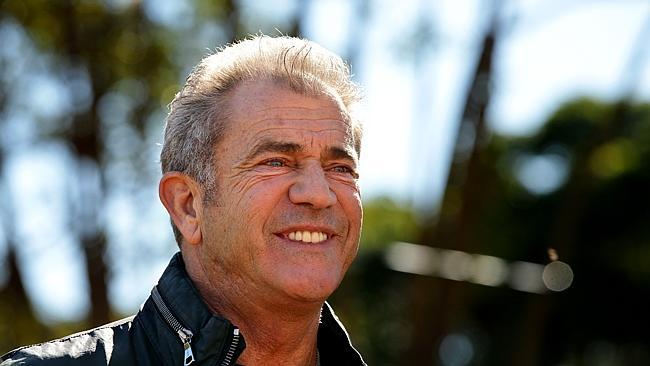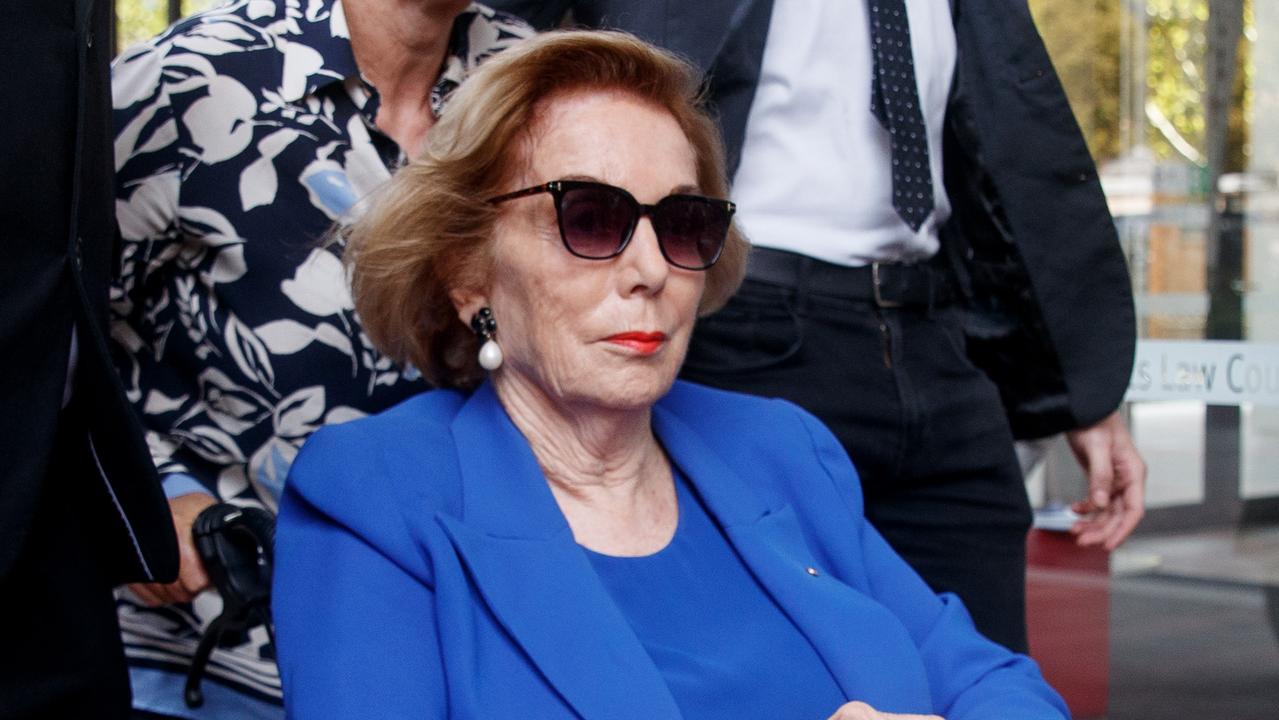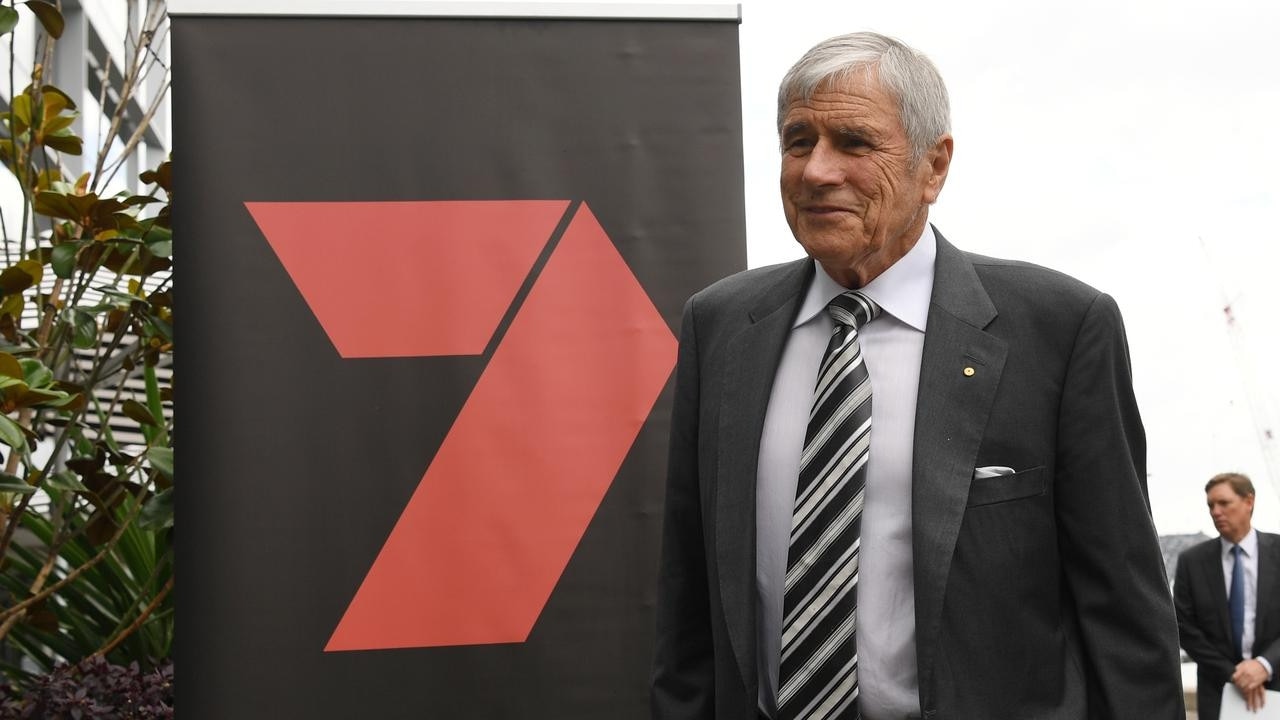Screen Australia’s Graeme Mason tips film production revival
Screen Australia chief executive Graeme Mason says local film production will recover from last year’s sharp decline.

Australian film and television production fell sharply last year and will be down again in this financial year, according to Screen Australia chief executive Graeme Mason.
The downturn demands caution but not concern, he said, because Australian film and TV that “knows its audience” is working as well as ever.
“The downturn we’re seeing in the drama spend is partly in television, with the ABC coming off its high (after a three-year additional drama fund) but largely it’s the foreign-funded local stuff that’s really down,” he told The Australian.
One major production from Baz Luhrmann (The Great Gatsby), Alex Proyas (Gods of Egypt) or George Miller (Mad Max: Fury Road) can add more than $100 million of foreign investment to the annual local drama expenditure, and their absence comprises the bulk of the decline in the 2014-15 and 2015-16 spend. Official figures will be published later this year.
The collapse in foreign investment was perhaps cyclical and foreign interest may increase again with the Australian dollar’s fall against the US dollar.
In 2013-14, $640m was spent on Australian projects, with more than half the finance for local features ($184m) coming from foreign investors. That has dried up, although Mason expects a number of new major local film productions soon other than Mel Gibson’s WWII drama Hacksaw Ridge. That film is expected to qualify as an Australian production and receive the 40 per cent rebate on its anticipated budget of $30m-$40m.
The decline in ABC drama expenditure was to be anticipated after the lapse of an additional drama fund from the previous Labor government, although programming was said to be quarantined from the recent Abbott government budget cuts.
Mason said it was encouraging the heads of all free-to-air networks had said they anticipated local content, including drama, to be their point of difference against foreign competitors.
Consequently, Mason said Australia’s task was to bring Australian talent back with foreign, or US studio, money. “It’s my mantra we’ve all got to recognise there’s unbelievable talent but we have to look offshore as well,” he said. Mason noted it was “exciting” that Sydney Oscar-winner Emile Sherman produced Lion, starring Nicole Kidman, in Melbourne and India, and “does a deal where (US producer) Harvey Weinstein buys it for the world”.
The job is to bring home its Melbourne director, Garth Davis, after he directs his inevitable Hollywood follow-up. And also Macbeth’s Justin Kurzel, Animal Kingdom’s David Michod, The Babadook’s Jennifer Kent, Fast Furious 7’s James Wan, Hugh Jackman or the Hemsworth brothers, he said.
Mason added he was happy with the performance of Australian content this year. Digital content funded by Screen Australia has earned more than one billion views, TV dramas such as Seven’s Catching Milat were viewed by millions and local films including Mad Max: Fury Road, Paper Planes and The Water Diviner had boosted local box office share.
“We’re having a bumper year in theatrical but it’s because the films that are working know who their audience is,” he says. “When you make stuff for audiences, they come and the story in 2015 is Robert Connolly (Paper Planes director) did that, Damon Gameau (That Sugar Film) did that, Russell Crowe and George Miller did that.”


